Justice Lecture: Seeking Truth in Polarized Times, The challenges of Colombia's Truth Commission
EVENT CANCELED!
- When: October 3, 4 PM
- Where: McLaren 252
- What: Colombia's Truth Commission Keynote, followed by a reception.
- Sponsors: School of Education, College of Arts and Sciences, School of Law, CELASA, McGrath Institute for Jesuit Education, Arrupe Observatory, University Ministry.
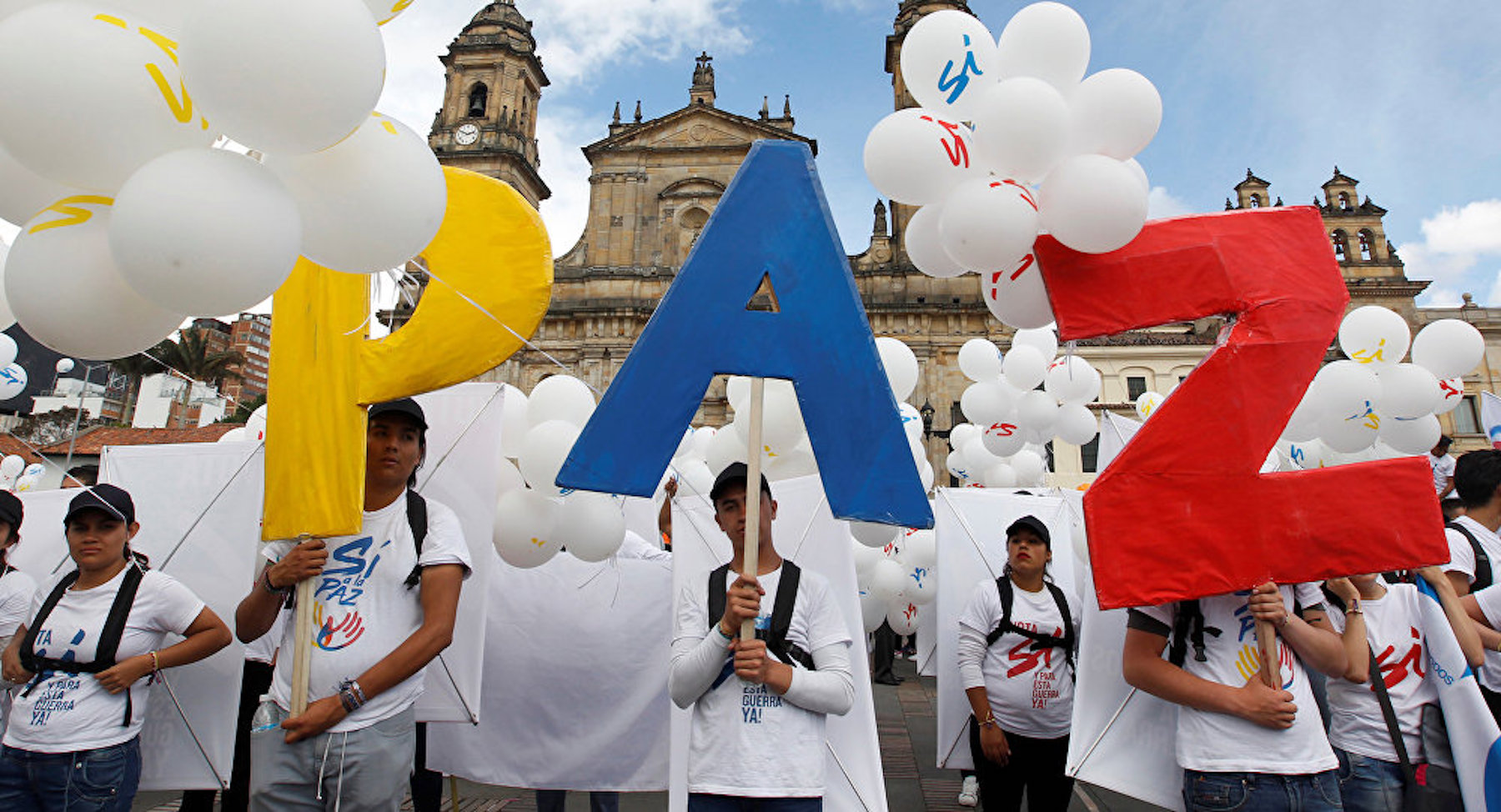
What victims demand most — even more than reparation or justice — is the truth. The victims want to know what happened, how it happened when it happened, where it happened and why it happened.
President Juan Manuel Santos
Colombia’s painstakingly negotiated peace agreement with the FARC – which won former Colombian President Juan Manuel Santos the 2016 Nobel Peace Prize – ended the longest-running armed conflict in the Western Hemisphere. The fighting killed 200,000 people and displaced 7 million between 1964 and 2016.
Last year, from Dr. Manuel Ramiro's visit, and from the work of the Arrupe Observatory we learned that the Colombian peace process is now fragile and needs support. Thanks to the continuous international collaboration of USF with institutions working for the peace in Colombia, we are proud to announce that at the beginning of October USF will have the honor of hosting the Colombian Truth Commission for the Peace Process.
The Truth Commission is formed by prominent Colombian figures, who are eager to share their knowledge with USF’s community and are excited to learn about different perspectives and opinions that could contribute to Colombia's situation. At USF we are proud to say that we are changing the world from here, that is why we extend an invitation to everyone to actively take part in the activities we are planning with the Truth Commission, coming together and sharing our viewpoints and perspectives, so we can impact Colombia’s situation in a positive way, and stand in solidarity with those fighting to make the world a better place.
What is the Truth Commission?
Colombia’s Truth Commission is responsible for establishing an official account of what happened during the country’s five long and brutal decades of war, as well as why the FARC, paramilitaries and government forces targeted specific people and places.
The commission seeks to shed light on the patterns and causes of the internal armed conflict to satisfy the right of victims and society to the truth, it promotes the recognition of what happened, coexistence in the territories and contribute to lay the foundations for non-repetition, through a process of broad and plural participation for the construction of a stable and lasting peace.
The Commission is composed of eleven people who act as a collegiate body; Their task is full time and exclusive. They were chosen by an independent jury of the government and it's parties through a public call, under the criteria of experience, commitment, and knowledge of the Colombian armed conflict.
- FRANCISCO JOSÉ DE ROUX.
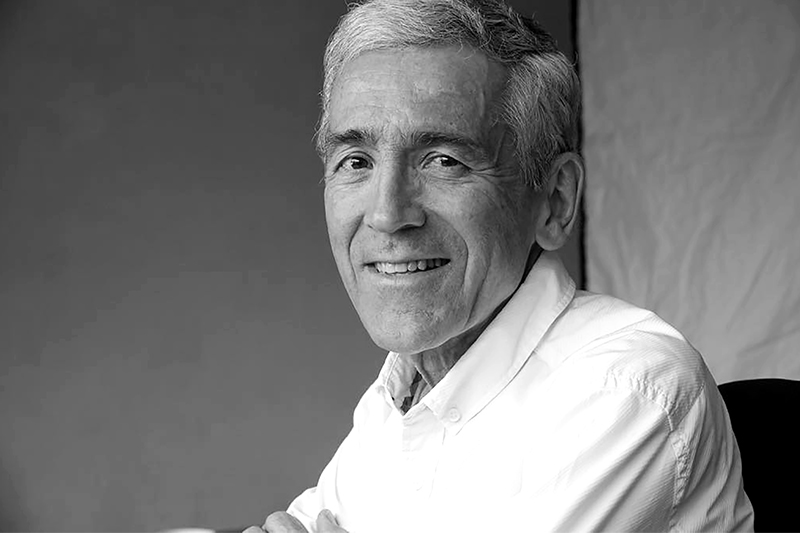
Priest and ex-provincial Jesuit, philosopher, and economist. He is the founder of the Magdalena Media Development and Peace Program, as well as the first peace laboratory in Colombia, and is the former director of CINEP, among other tasks carried out. He is the president of the Commission.
- ALEJANDRA MILLER.
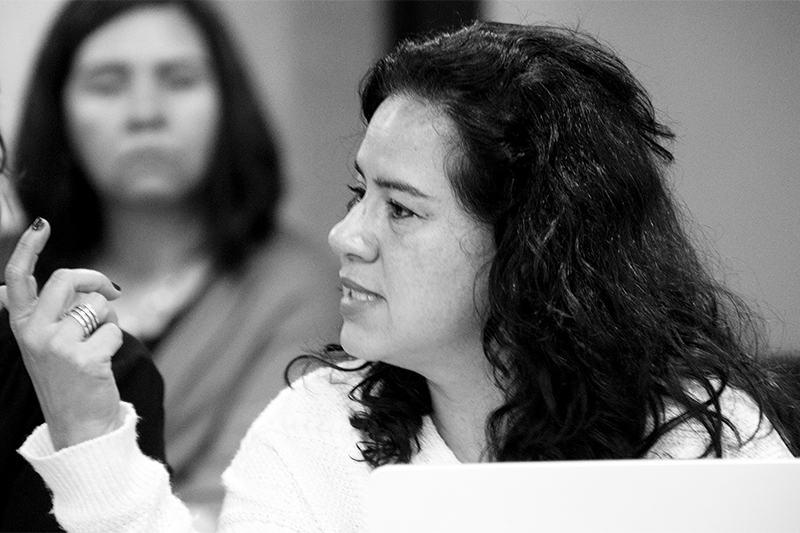
Leader of the feminist movement in Colombia. Economist with a master's degree in political studies; researcher and university professor, ex-secretary of the government of Cauca and member of the Pacific Route of women.
- ALEJANDRO VALENCIA VILLA.
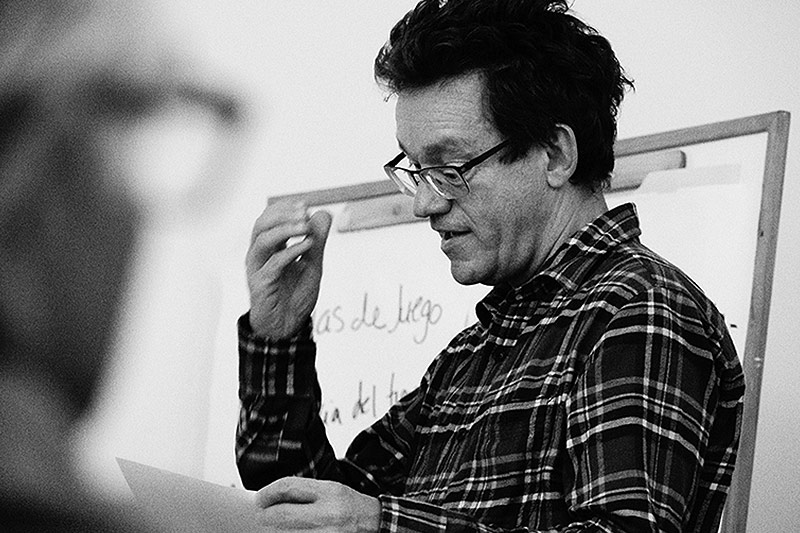
A lawyer with nearly thirty years of experience in the promotion and defense of human rights, with a vast experience in historical truth issues. He has been an advisor to multiple truth commissions in the world.
- ÁNGELA SALAZAR.
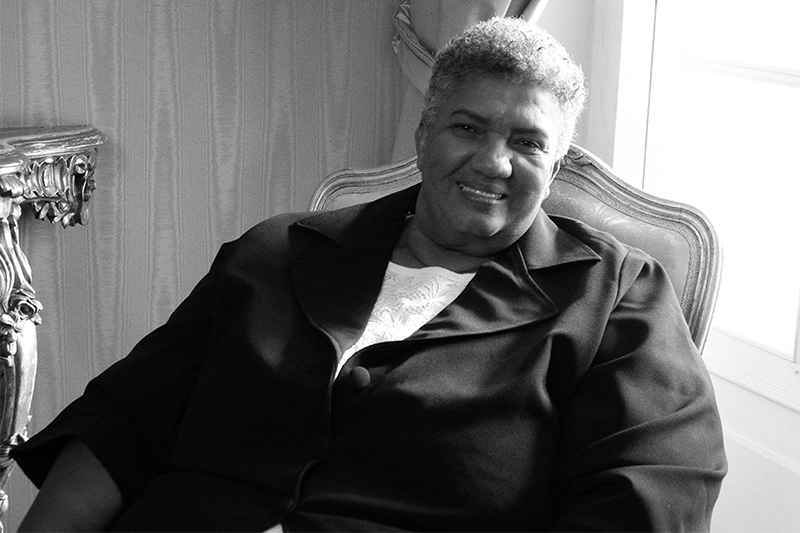
Equality Conciliator and Defender of Women's Rights. and community leader. Promoter of the causes of banana workers and domestic workers. Member of the Alliance Initiative of Colombian Women for Peace. Their commitment is to make visible the truth of the black, Afro-Colombian, Raizal and Palenquero people.
- ALFREDO MOLANO BRAVO.
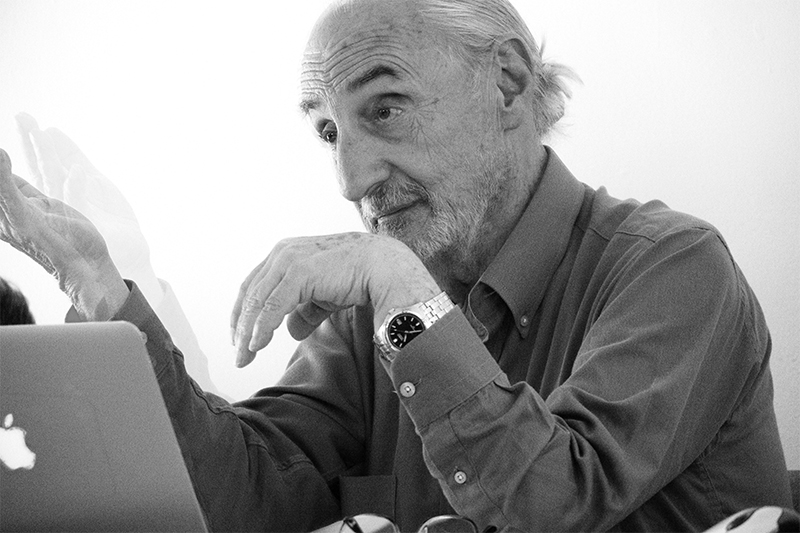
Sociologist, honorary doctorate, columnist, chronicler and writer of about twenty books on the origins and impact of the armed conflict in Colombia.
- MARTA RUIZ.
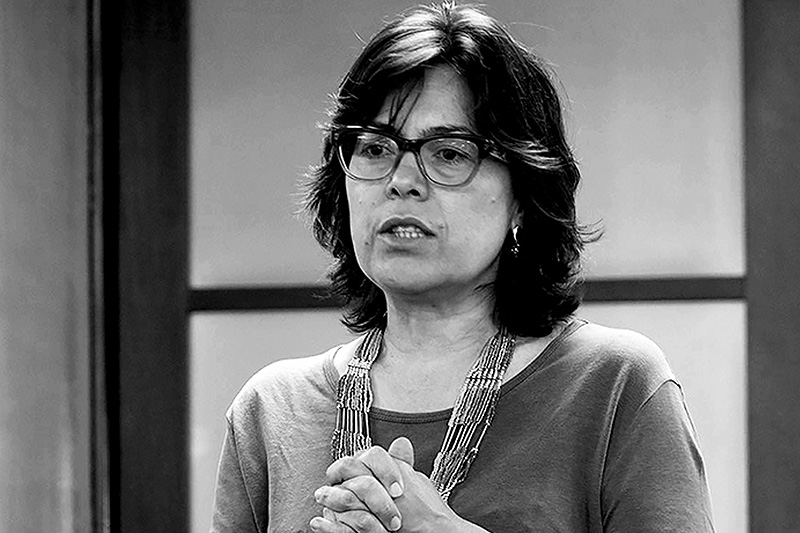
A journalist with more than fifteen years of experience covering the internal armed conflict, both in the press and on television. Her work has deepened in the analysis of rural development issues, the dynamics of war, the defense of freedom of expression and the right to information.
- CARLOS MARTIN BERISTAIN.
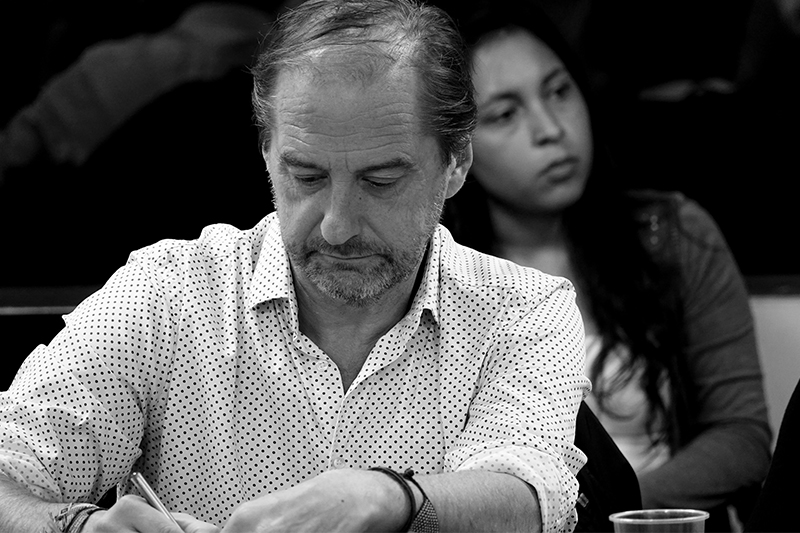
Spanish doctor and psychologist with vast experience in the psychosocial care of victims in the world and as an advisor to several truth commissions in different countries. Coordinated the report Recovery of Historical Memory - REMHI, of Guatemala.
- LUCÍA GONZÁLEZ.
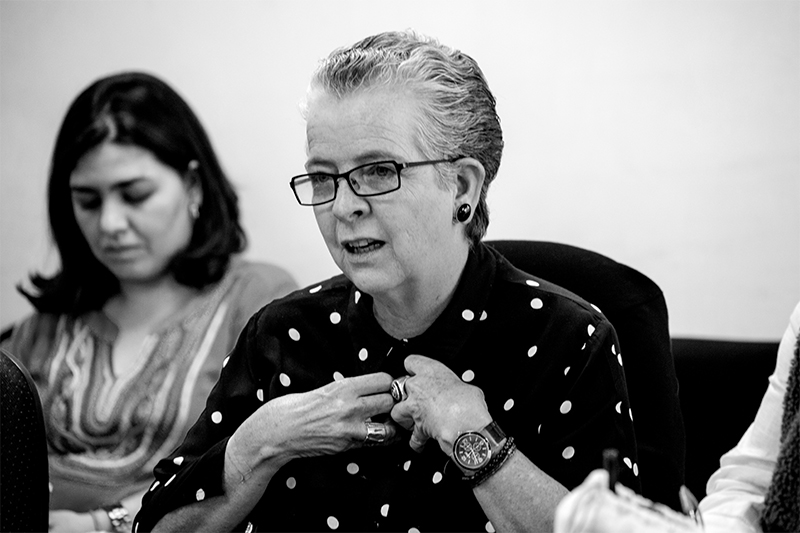
Architect, former director of the Casa de la Memoria Museum in Medellín. She has extensive experience in the formulation of projects related to culture and social transformation. She has directed public and private cultural and social entities.
- CARLOS GUILLERMO OSPINA.
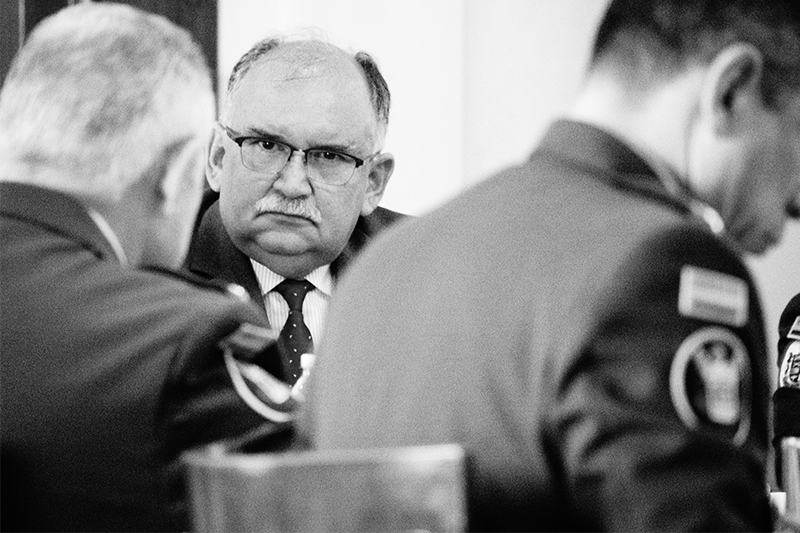
Major retired from the army, lawyer and professional in military sciences, in law and in business administration, with specialization in security administration and military intelligence. He leads the Colombian Association of Military Victims of the Armed Conflict since 2013.
- PATRICIA TOBÓN YAGARÍ.
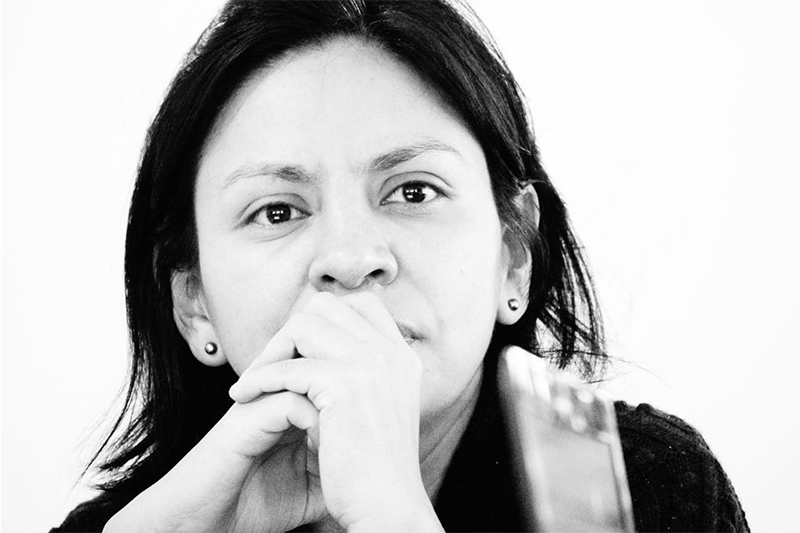
Indigenous Embera, a lawyer specialized in constitutional law. She has documented the violation of human rights in the indigenous territories of the country that have been affected by the armed conflict, as well as the patterns of discrimination against ethnic peoples.
- SAÚL FRANCO.
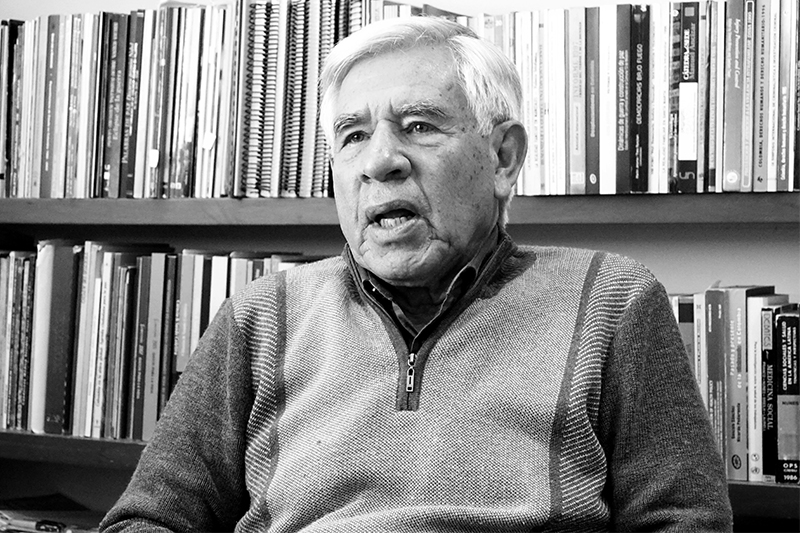
Doctor with a doctorate in public health, with forty years of experience as a university professor and researcher of violence and armed conflict and its impact on the life and health of people and communities.
Why is the Colombian Peace in Trouble?
President Iván Duque, elected last June, has been openly critical of the peace agreement with the Revolutionary Armed Forces (FARC), which was pushed through by former Colombian President Juan Manuel Santos in 2016.
Duque was conspicuously absent at November’s formal launch of the Colombian Truth Commission, which has a three-year mandate to answer questions about the atrocities committed during more than five decades of war. This could prove an important impediment to the success of the peace agreement. It is imperative that we support the commission’s work as it is necessary for significant efforts at postwar reconstruction to establish sustainable peace.
Members of the peace delegation that reached the FARC agreement say the government’s actions compromise peace itself.
According to a recent Gallup poll, 55% of Colombians believe the government will not fulfill its commitments to the peace process. Sixty-two percent believe the FARC will not hold up its end of the deal. People in Bogotá protest President Ivan Duque’s decision to modify Colombia’s transitional justice system, March 19, 2019. Reuters/Carlos Julio Martinez
As trust between the two sides deteriorates, violence in Colombia is climbing. Murders rose 3% in 2018, from 12,066 to 12,458. That figure includes a wave of attacks against activists, peasant organizers and Afro-Colombian community leaders who have vocally defended the peace deal, 226 of whom were killed last year. An estimated 1,700 former guerrillas have returned to armed struggle, joining one of Colombia’s many other militant groups, according to the think tank Fundacion Ideas Para la Paz. Several high-profile leaders – including Ivan Marquez, who lead the FARC’s peace negotiations – have gone into hiding.
In fact, there’s reason to believe the lack of political support for the Truth Commission and similar efforts mandated by the peace agreement, like a Unit for the Disappeared and a Special Peace Tribunal, is now having a negative effect on human rights in Colombia. In January, at least 11 social leaders were assassinated, continuing a trend targeting human rights leaders. And 2018 saw the first increase in murder rates (by 3.5 percent) since 2012, mainly in rural areas.
Event Accessibility.
The event will be in Spanish with simultaneous translation available.
We strive to host inclusive, accessible events that enable all individuals to engage fully. To be respectful of those with allergies and environmental sensitivities, we ask that you please refrain from wearing strong fragrances.
To request an accommodation or for inquiries about accessibility, please contact Aide Rodriguez at arodriguez38@usfca.edu
Requests should be made by September 19th (at least 14 days in advance of the event)